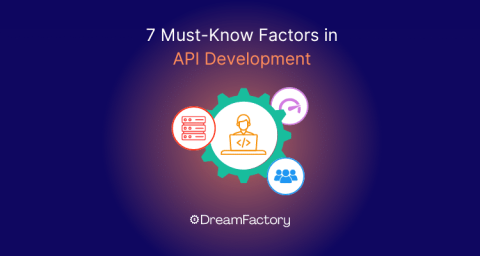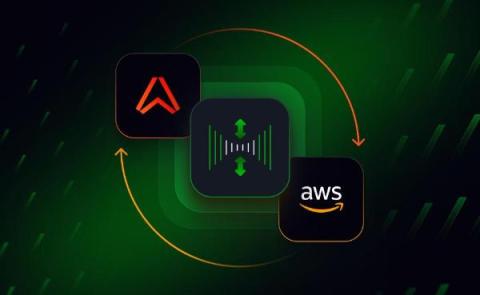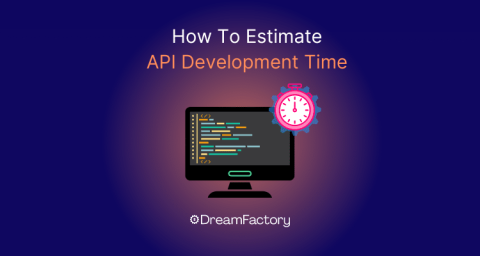7 Must-Know Factors in API Development
An API (Application Programming Interface) is a set of rules and protocols that let software programs communicate with each other. It acts as an intermediary between different software or services. For example, when using a mobile app to book a hotel room, the API allows the app to communicate with the hotel’s booking system. While many REST API developers have their way of doing things, some factors in API development are generally considered essential.











